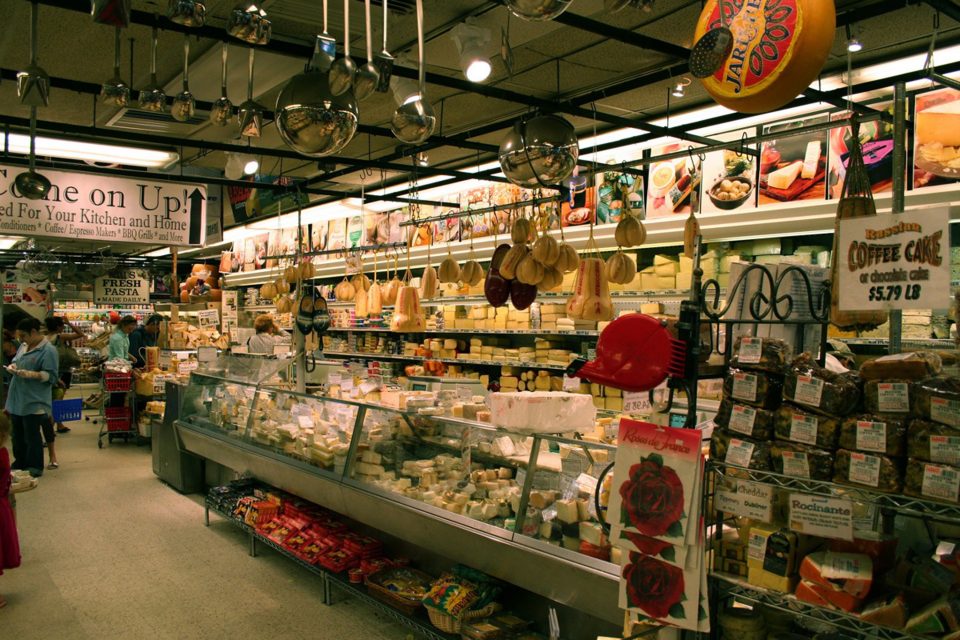Shoppers in New York were left shocked this week as news broke that a well-known local supermarket chain will shut down all of its stores simultaneously. The closure marks the end of an era for neighbourhoods that have long relied on the retailer for affordable food and personalised service.
Although the chain has not provided full details behind the closures, analysts point to rising operational costs, fierce competition from national chains, and the growing dominance of online grocery platforms as contributing factors. Independent and regional supermarkets have increasingly struggled to maintain margins, especially in states like New York, where rents, wages, and logistical costs are among the highest in the country.
For many residents, the loss is more than economic—it is emotional. Smaller supermarket chains often play an outsized role in building community ties. Unlike national chains, they are seen as local institutions, offering familiarity, cultural foods, and a sense of belonging.
The closures are a stark reminder of the consolidation trend sweeping the U.S. grocery sector. As larger players invest in technology and supply chain efficiencies, regional supermarkets face mounting pressure to either merge, modernise rapidly, or risk extinction.


